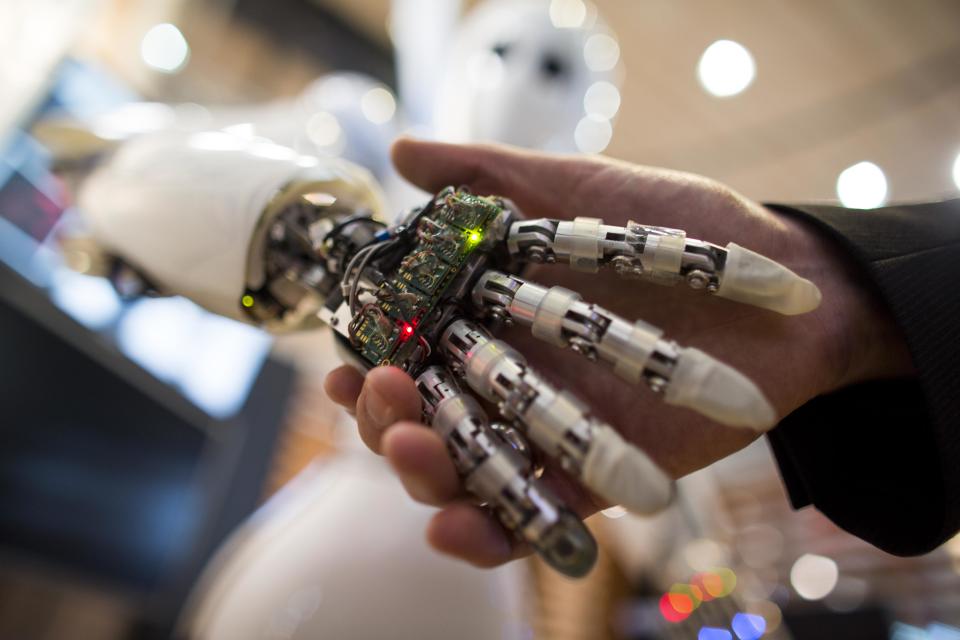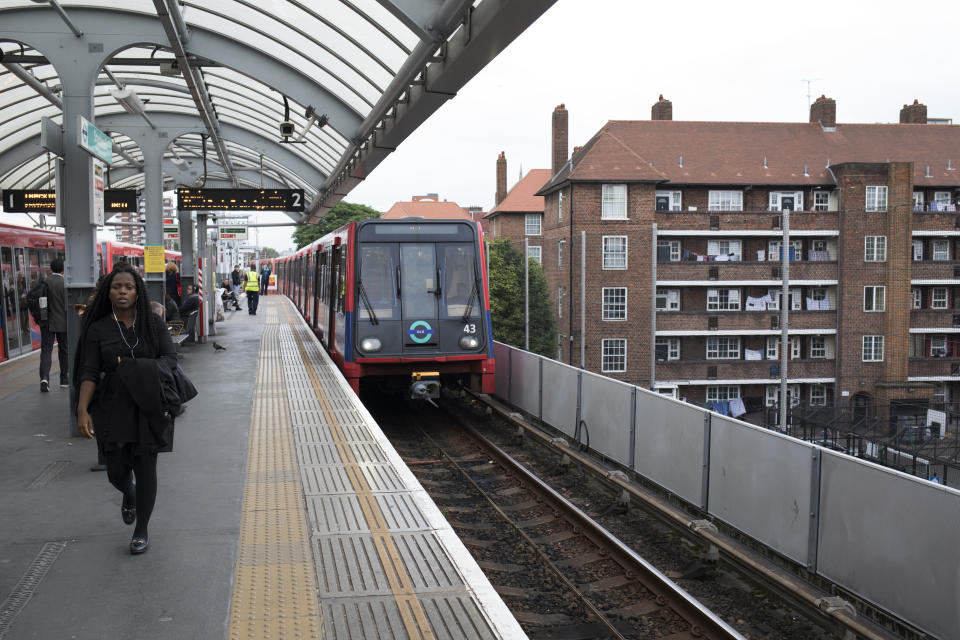Robot workers 'threaten to widen inequality gap', thinktank warns

The rise of the robot threatens to drive an ever larger wedge between the UK’s richest and poorest, a new report warns.
Automation poses a real risk to tens of thousands of lower-skilled jobs that currently account for £290bn in wages, the Institute for Public Policy Research thinktank says.
While these lower-paid roles could disappear, at the other end of the scale, people with creative skills will benefit from the march of the robots.
MORE: Brexit to hit North of England twice as hard as London, says thinktank
The IPPR report dismisses widely held fears that of major job losses, arguing instead that workers will have to be reassigned roles.
However, the thinktank warns that the government needs to be ready to help people retrain to learn the new skills necessary for these roles in order for everyone to share the benefits of new technologies such as artificial intelligence.
Without re-skilling, automation risks widening inequality in the UK, it said.

Mathew Lawrence, a senior research fellow at the IPPR, said: “Managed badly, the benefits of automation could be narrowly concentrated, benefiting those who own capital and highly skilled workers. Inequality would spiral.
“Managed well, though, with a strategy to increase adoption of technologies in the everyday economy and new models of ownership to spread the benefits, automation could help create a future of shared economic plenty.”
MORE: Robots could wipe out 500,000 building jobs in the UK by 2040
The IPPR estimates that 44% of jobs in the UK economy could feasibly be automated, equating to more than 13.7 million people who together earn about £290bn.
Carys Roberts, a research fellow at the IPPR, said: “Some people will get a pay rise while others are trapped in low-pay, low-productivity sectors.
“To avoid inequality rising, the government should look at ways to spread capital ownership, and make sure everyone benefits from increased automation.”
The IPPR report is the latest to speculate on the impact, both positive and negative, of automation on the UK and world jobs market.
While highlighting the risk to some workers, for example, the thinktank also says automation could raise UK productivity growth by between 0.8 to 1.4% annually, and boost GDP by 10% by 2030.
It urges the government to establish a new partnership body, called Productivity UK, whose brief would be to raise productivity within firms and focus on the wider adoption of digital and other technologies across the economy.
It also says there should be another body that would oversee the ethical questions posed by automation.
MORE: Elon Musk among 116 AI experts to warn of the rise of ‘killer robots’
The Bank of England has predicted that as many as 15m ‘traditional’ jobs are under threat but that actually developing the technologies behind AI and robotics would create many opportunities.
A spokesman for the Department for Business, Energy and Industrial Strategy said the UK’s labour market was “resilient and diverse” and that advances in technology were helping to “bring new jobs”.
The spokesman added: “The government is committed to ensuring that the UK is to able to seize the opportunities and overcome the obstacles that exist in this area.”

 Yahoo Finance
Yahoo Finance 
